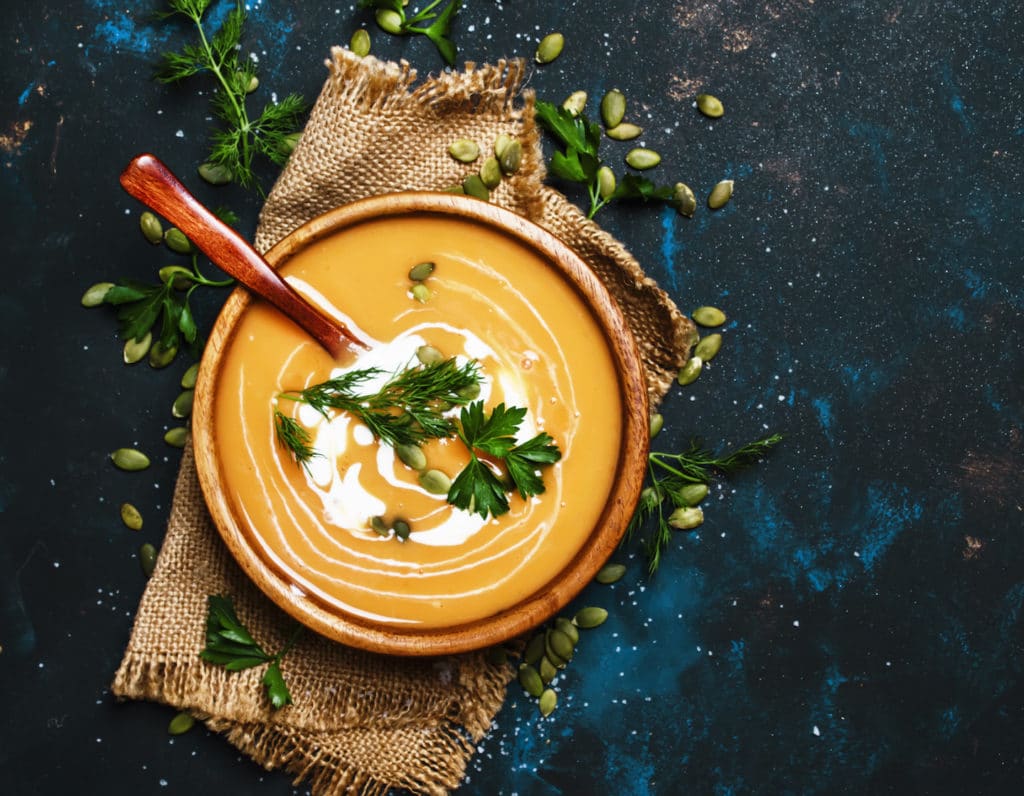
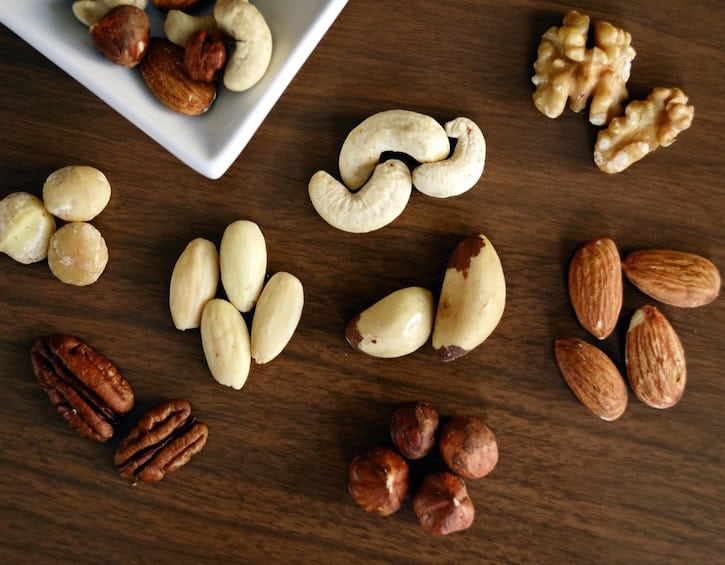
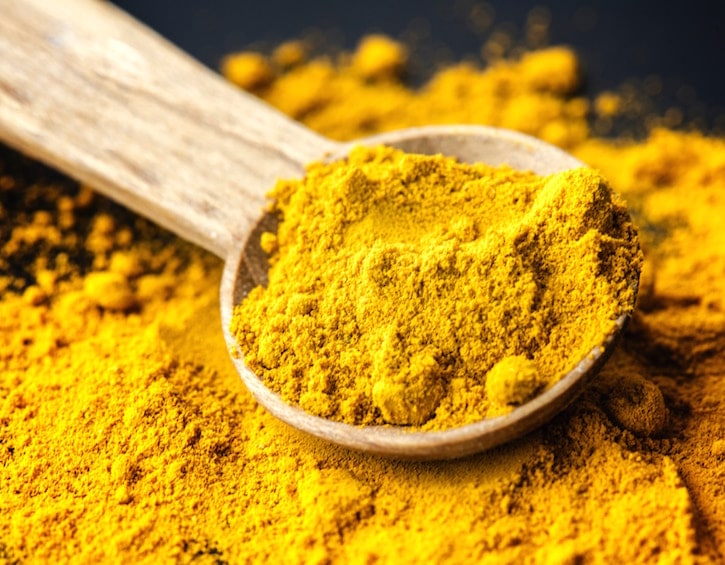
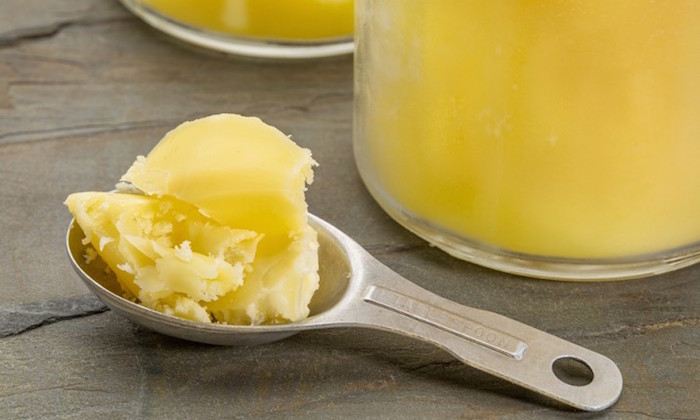
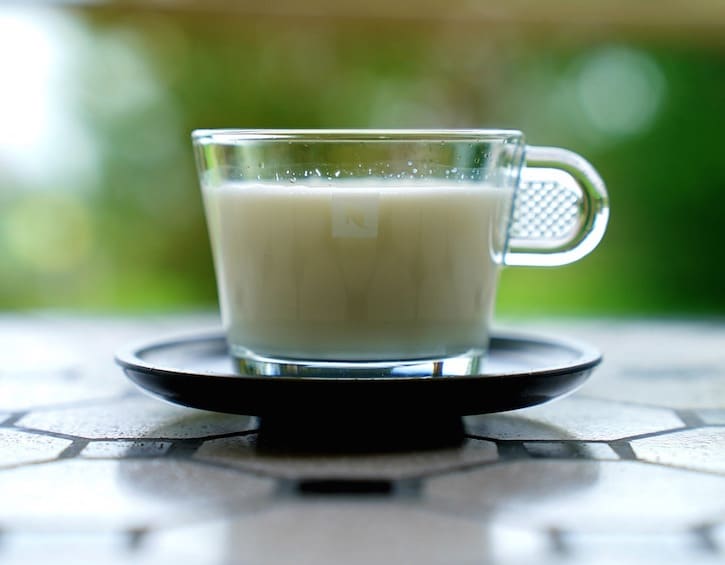
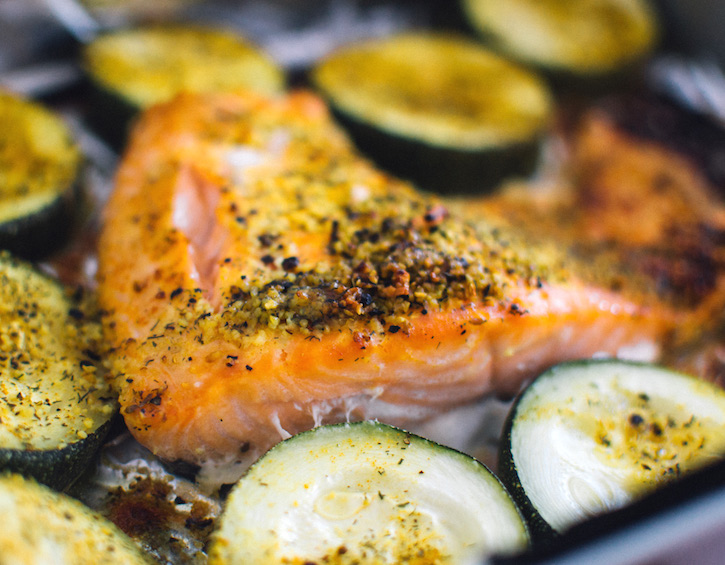
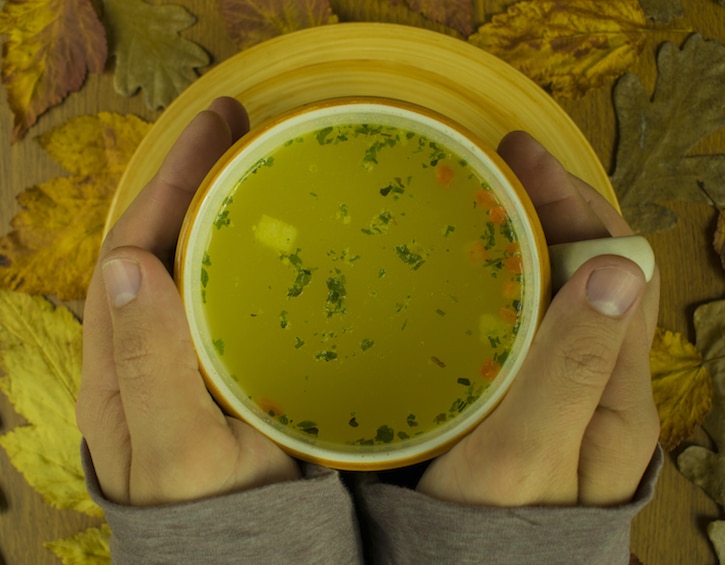
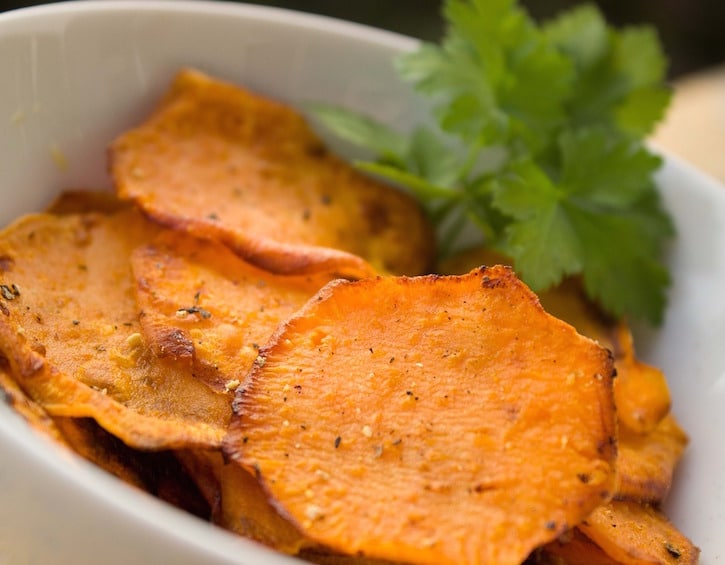
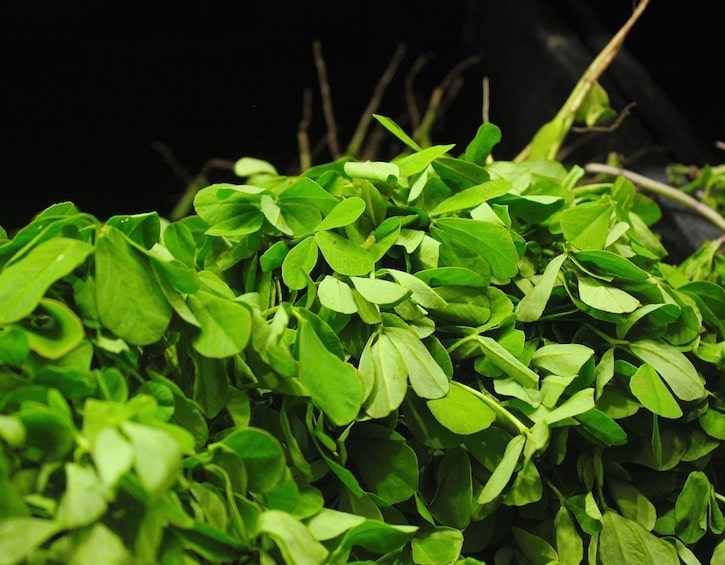
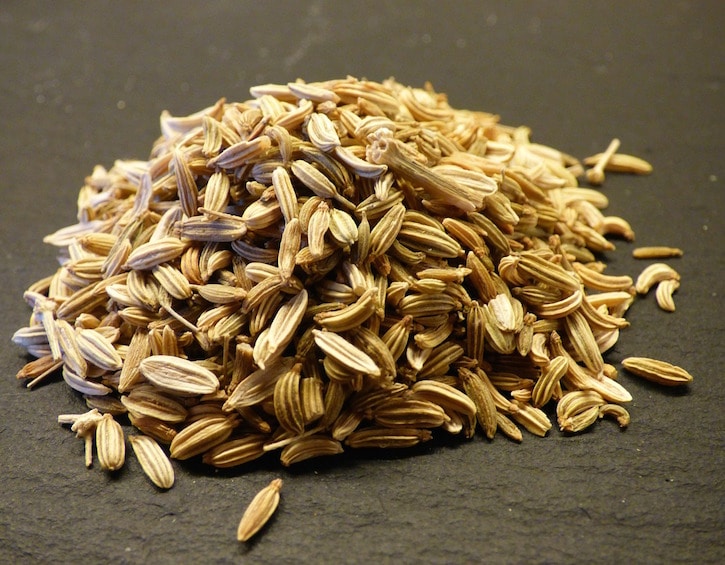
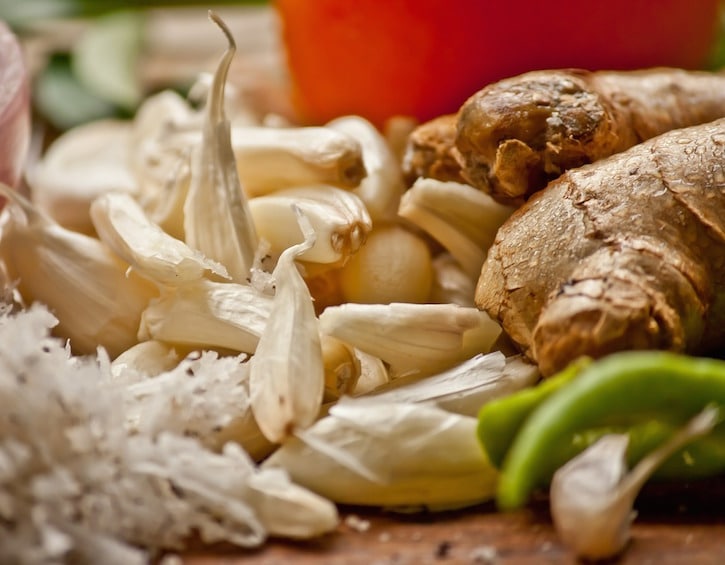
Mama of two Namita knows a thing or two about food (and recently underwent confinement). Here are her tips for a delicious, nutritious confinement period
I’ve just had a baby? What should I eat?
Whether or not you decide to hire a confinement nanny after giving birth, you should definitely arm yourself with a good understanding of the types of foods that are good for you, bad for you, and why. Your diet and nutrition as a new mama should be a top priority, not only for your recovery, but for the baby’s nutrition via establishing a healthy milk supply for those mamas who are breastfeeding.
The confinement period is an important time to rest and heal, and whether you’ve had a natural birth or a C-section, your body has gone through a lot! Most Asian cultures require a period of anywhere from 21 to 40 days for mummy and baby to stay home and rest. Different cultures observe varying rules and guidelines, some far stricter than others. In general, the principles during this period are to keep warm, eat well, rest a lot and stay hydrated. It’s also important to avoid cold and raw foods, and because a lot of wind is considered to have entered the body during childbirth, it’s best to avoid gas-producing foods like beans and cruciferous vegetables. Think warm, easy-to-digest and nourishing!
Here are 10 great foods to eat during the confinement period (inspired by Indian mamas and Indian confinement diets!)
Read more:
Ultimate Guide to Confinement Nannies & Services in Singapore
10 Awesome Baby Products I’ve Discovered as a Second-time Mama
Will chocolate make my baby darker? Top 5 pregnancy and breastfeeding food myths debunked
Lead image sourced via Getty
High protein and healthy fats are great post-partum, and so nuts and seeds are a super choice (especially as snacks) during this period. Indian mamas will usually soak 5-10 raw almonds at night (in a quarter cup of water) and then peel off the skin and eat them first thing in the morning. Sesame seeds are particularly nutritious during this period as well, as they are high in iron and calcium — so go ahead and sprinkle some sesame seeds on your veggies to add a crunch. You can also make energy balls with sesame seeds, nut butter and dried fruits like dates, figs and apricots.
Image sourced via Pexels
Great for promoting healing and with anti-inflammatory benefits, turmeric should be added to all soups and stews during this period—fresh or the organic powdered version. Make sure to use a high-quality turmeric spice if using powdered turmeric. Indian Spicebox sells a great one on redmart. Fresh turmeric can be found at most wet markets here in Singapore.
Read more: Why Turmeric is the Miracle Spice, and a Kid-Friendly Recipe
Image sourced via Unsplash
Consuming fat in your diet is important if you’re trying to establish a milk supply and ghee is considered to be the purest fat in Indian cooking with fantastic health benefits. Try and get your hands on an organic ghee (lots of brands on Redmart) and use ghee in place of oil in all your cooking. You can stir-fry vegetables in ghee, pan-fry fish in ghee and even make scrambled eggs in ghee!
Read more: Ghee, Glorious Ghee (and how to make dhal with it)!
Shatavari is an Ayurvedic herb used for post-partum women to support their reproductive system and help with milk production. It can be purchased in powder form (Himalaya brand) and mixed into warm milk with some honey. Alternatively, you can take it in supplement or drops form (Himalaya or Motherlove brands). Indian women swear by this herb.
Image sourced via Pixabay
Fish such as salmon is high in protein and omega-3 fatty acids which is great nutrition for both mummy and baby. Avoid fried or cold preparations of fish, but stews, pan-seared and steamed fish dishes are all great. Other fatty fish (with lower levels of mercury) are tuna, trout, mackerel and sardines.
Read more: The best places to buy seafood in Singapore
Fatty, warm and nourishing, chicken soup (and most soups) are an essential part of confinement diets across all cultures because they are easy to digest. Bone broth is excellent as well for gut healing and recovery. While preparing soup, you may add in lots of turmeric, ginger, warming spices such as cloves, black pepper, cinnamon and star anise.
Here’s the recipe for my ‘Get well soon Turmeric Chicken soup’!
Considered a super food and a good-for-you carb, sweet potato is a great way for lactating mamas to fill up! As most breastfeeding mums will tell you, nursing constantly leaves you super hungry and craving for carbs. Roasted sweet potato with some salt and pepper plus a healthy smear of grass-fed butter or ghee is a great choice.
Read more: Expert breastfeeding nutrition tips to boost milk production and keep baby well-nourished
Image sourced via Pixabay
Fresh fenugreek (also known as ‘methi’) is an Indian vegetable that is a great source of iron and calcium—vital nutrients for post-partum women. Available at Tekka Market & Mustafa, this slightly bitter green can be sautéed with some potatoes or you could make Methi Pulao —Take 1-2 cups finely chopped fenugreek leaves (no stems), sauté in ghee and 1 clove finely chopped garlic, then add ½ tsp each of turmeric and salt, then 1 cup of basmati rice and 2.5 cups of water. Boil uncovered for 10 minutes and then cover and simmer on low heat for 5 minutes.
Read more: 3 Kid-Friendly Indian Veggies Every Mama Should Know
Image sourced via Pixabay
Due to the digestive system being in a weak state post birth, fennel seeds (or ‘saunf’ in hindi) is a great spice that aids digestion. The best way to consume fennel seeds is by boiling them in water and then drinking the warm fennel water. Fennel also promotes milk production which makes it a super spice during the confinement period! Fennel seeds can be purchased at Mustafa or any of the Indian grocery stores on Buffalo Road. Huber’s Butchery also carries a nice range of local seeds and spices.
Read more: Ultimate Neighbourhood Guide to Little India
Ginger is warm, healing and helps to settle the tummy. It can be added to most dishes and is a powerful anti-inflammatory that helps support the body in recovery by reducing pain and soreness. Garlic is an important part of the Indian confinement diet and helps to keep the immunity levels of the mother high during this vulnerable period.
Read more: Top 5 Pregnancy Food Myths
 View All
View All


 View All
View All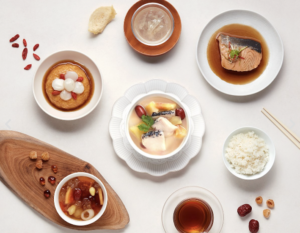


 View All
View All

 View All
View All
 View All
View All


 View All
View All








